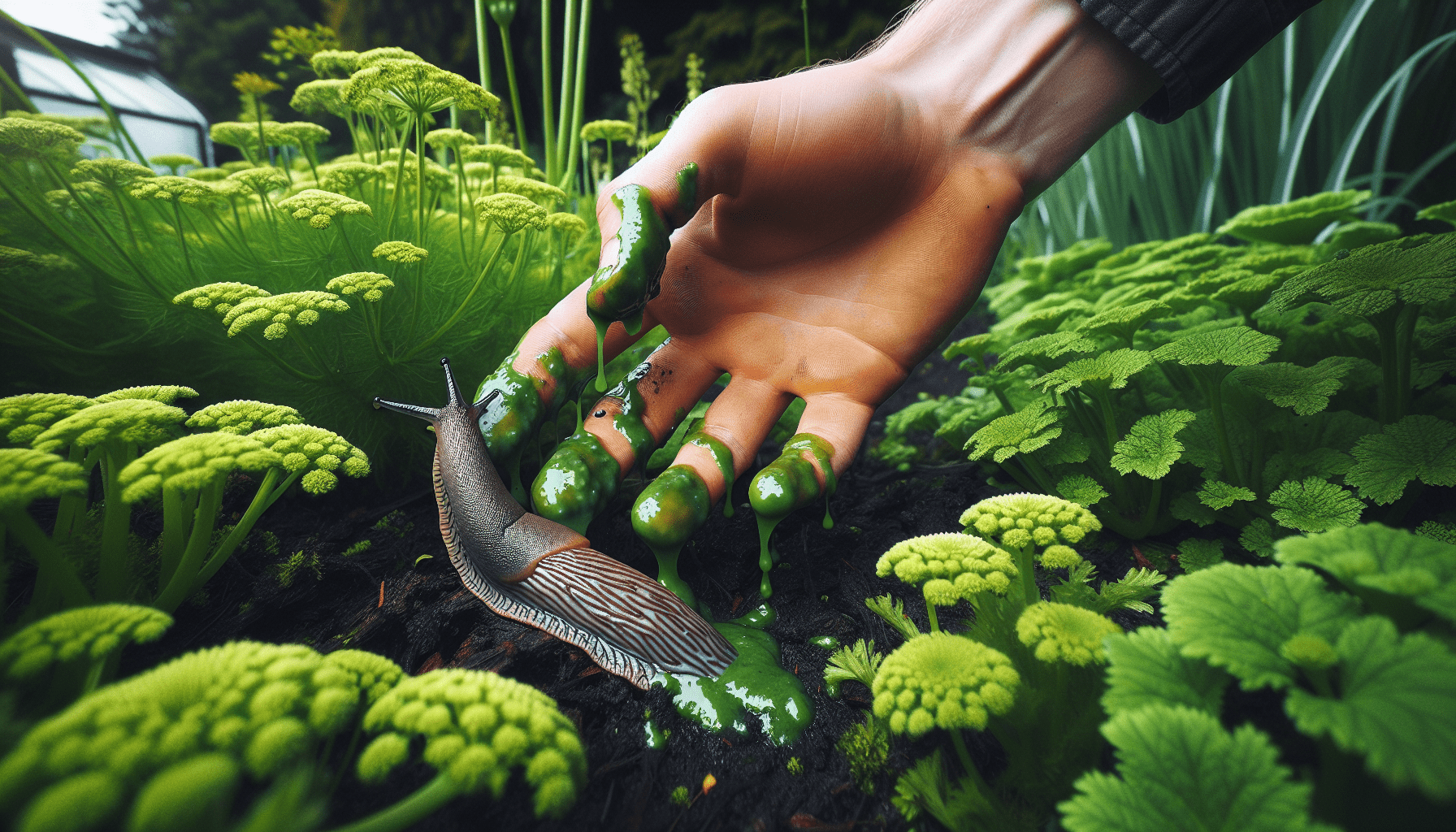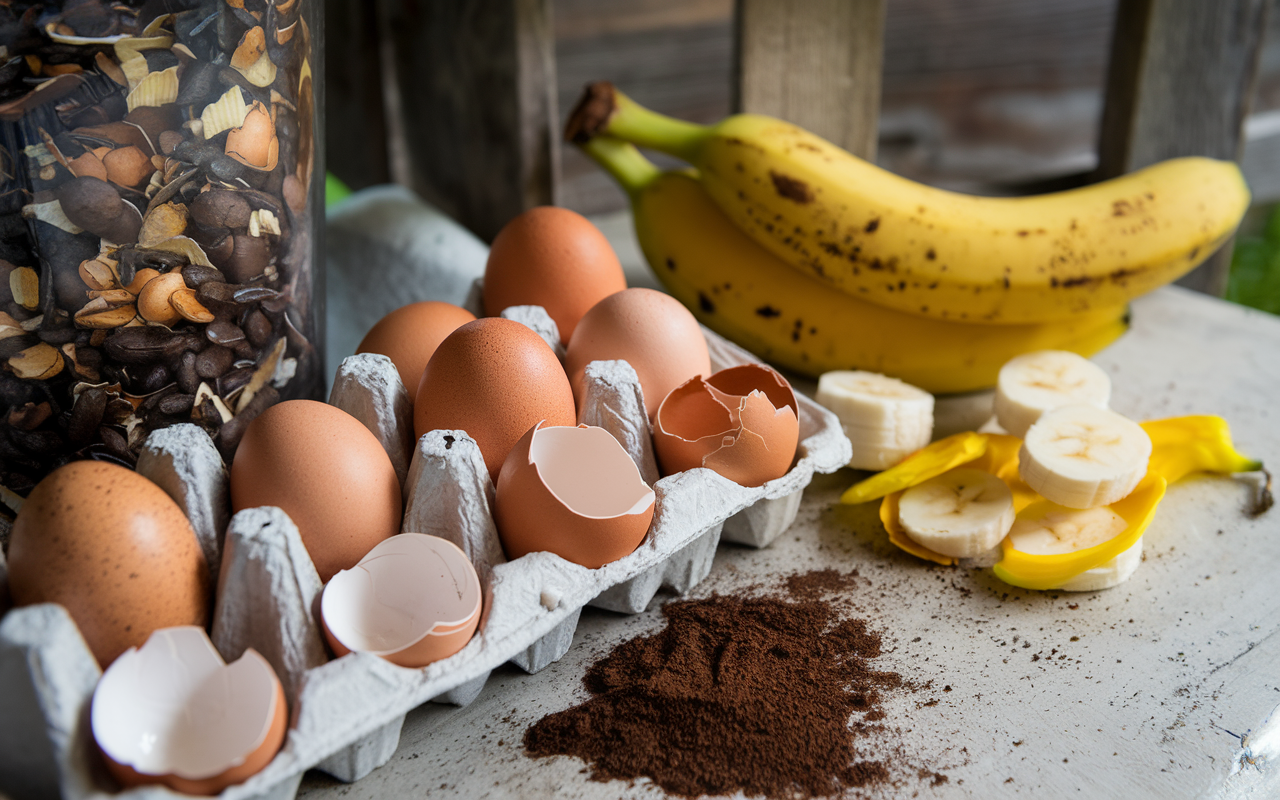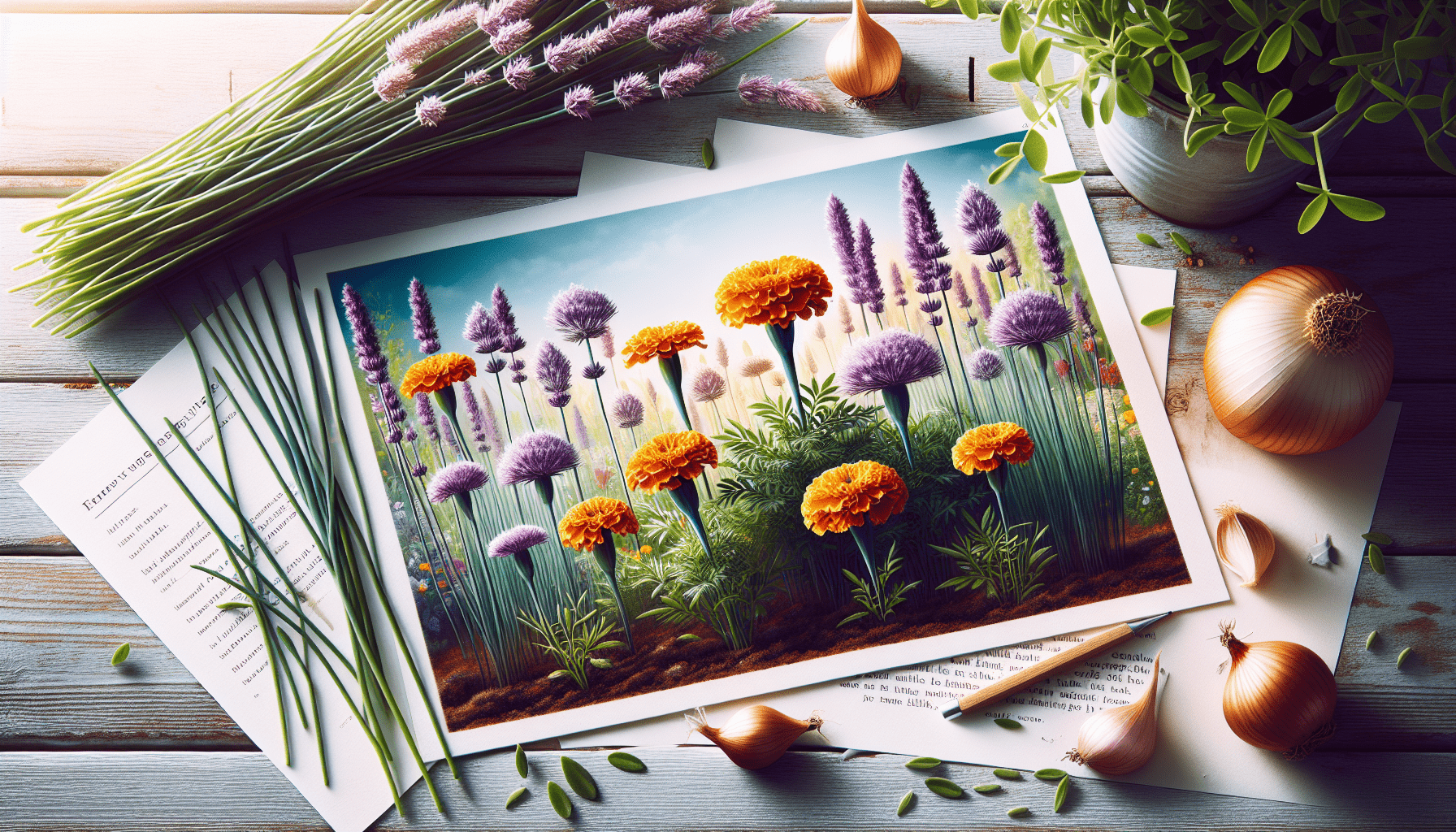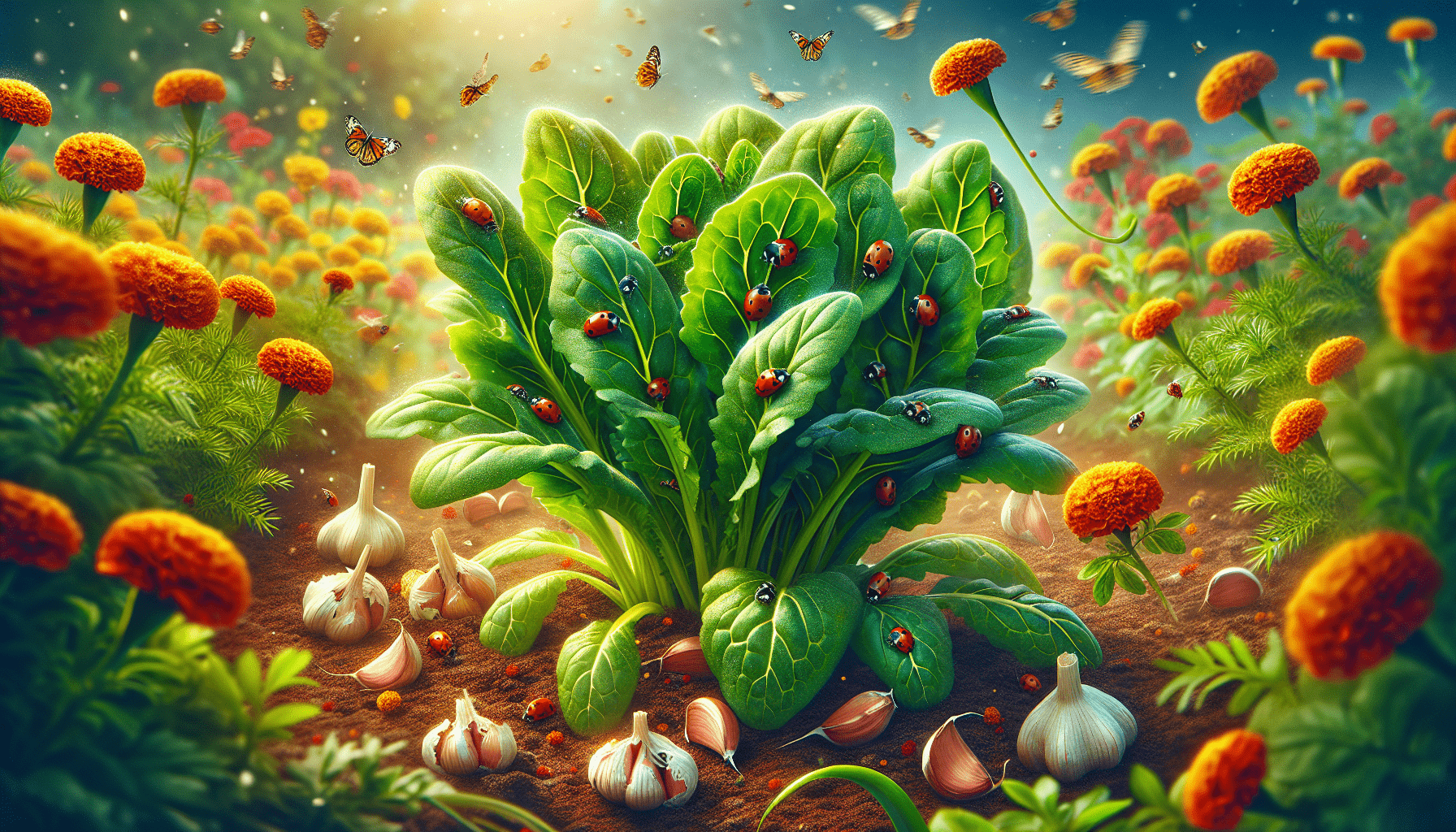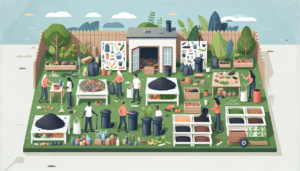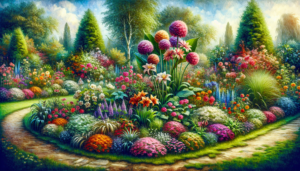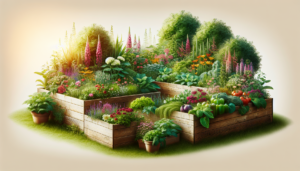How To Deal With Slugs And Snails In Your Garden
How To Deal With Slugs And Snails In Your Garden
Dealing with slugs and snails in your garden can be frustrating, but fear not! There are plenty of friendly and effective ways to manage these pesky garden pests. Read on for tips and tricks on how to keep your garden slug and snail-free in a natural and environmentally friendly way.
Understanding Slugs and Snails
Before you start trying to get rid of slugs and snails in your garden, it’s important to understand a bit about these creatures. Slugs and snails are both mollusks that feed on a wide variety of plants, including vegetables, fruits, and ornamental plants. They are most active at night and on rainy days when the weather is damp and cool.
Knowing the habits and preferences of slugs and snails will help you effectively deal with them and protect your garden from damage.
Signs of Slug and Snail Damage
One of the first signs that you have a slug or snail problem in your garden is seeing holes in leaves and stems of your plants. Slugs and snails are voracious eaters and can quickly decimate a plant if left unchecked. You may also notice slime trails on the ground or on plants, especially in the early morning.
Keeping an eye out for these signs will help you catch the critters in the act and take action to control their population.
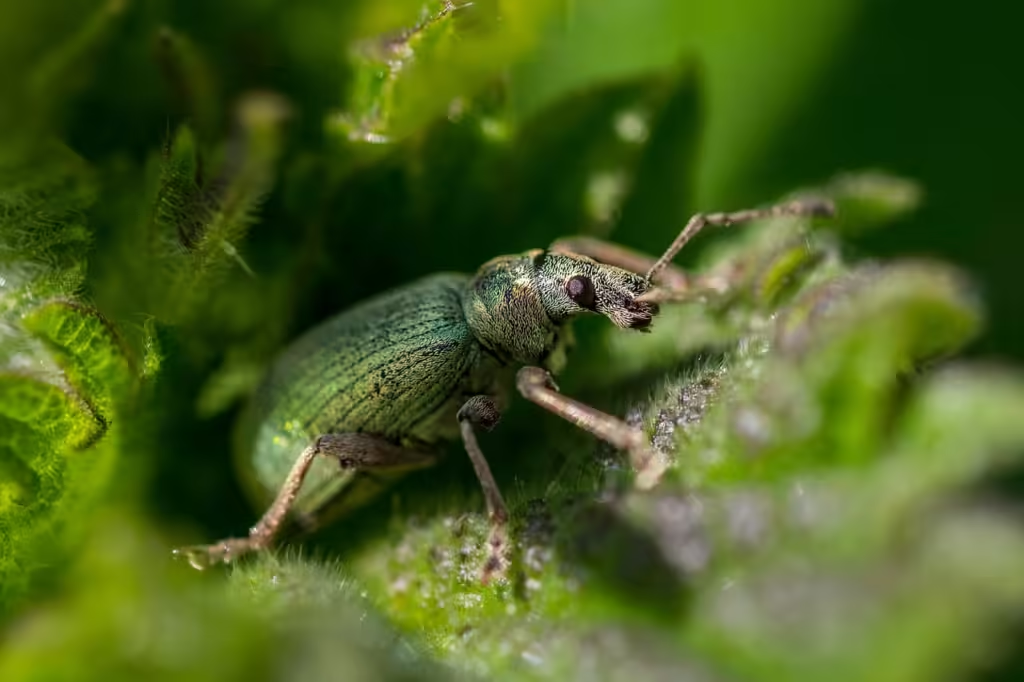
Natural Predators of Slugs and Snails
One way to deal with slugs and snails in your garden is by encouraging natural predators that feed on these pests. Some animals that are known to eat slugs and snails include frogs, toads, birds, hedgehogs, and certain types of beetles.
Creating a welcoming environment for these predators, such as providing water sources, shelter, and native plants, can help keep the slug and snail populations in check.
Handpicking Slugs and Snails
One of the most effective ways to control slugs and snails in your garden is by handpicking them. Simply go out into your garden in the early morning or late evening when slugs and snails are most active, and pick them off your plants.
This method may seem time-consuming, but it can be a satisfying and efficient way to reduce the slug and snail population in your garden, especially for smaller gardens.
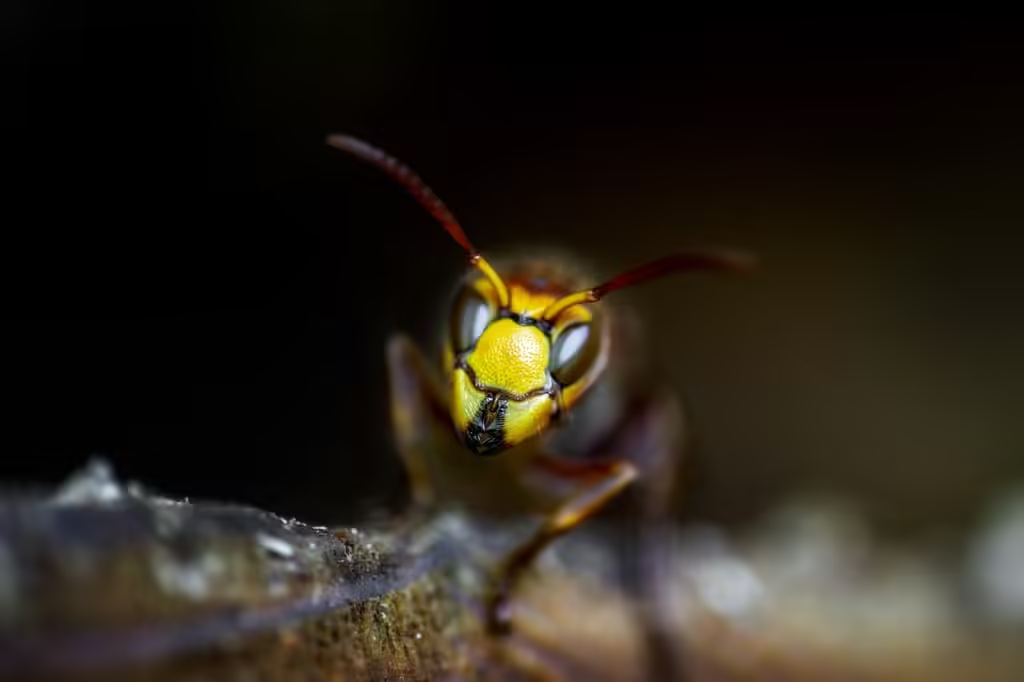
Traps and Barriers
If handpicking slugs and snails isn’t your cup of tea, you can also use traps and barriers to keep them away from your plants. Some effective trap options include beer traps, which attract slugs and snails with the scent of beer, and copper barriers, which create a mild electric shock that repels these pests.
Placing these traps and barriers strategically around your garden can help protect your plants from slug and snail damage without the need for harsh chemicals.
Natural Repellents
Another way to deal with slugs and snails in your garden is by using natural repellents that deter these pests from feasting on your plants. Some common natural repellents include coffee grounds, eggshells, diatomaceous earth, and garlic spray.
These natural repellents can be sprinkled around your garden or sprayed on your plants to create an unpleasant environment for slugs and snails, keeping them at bay.
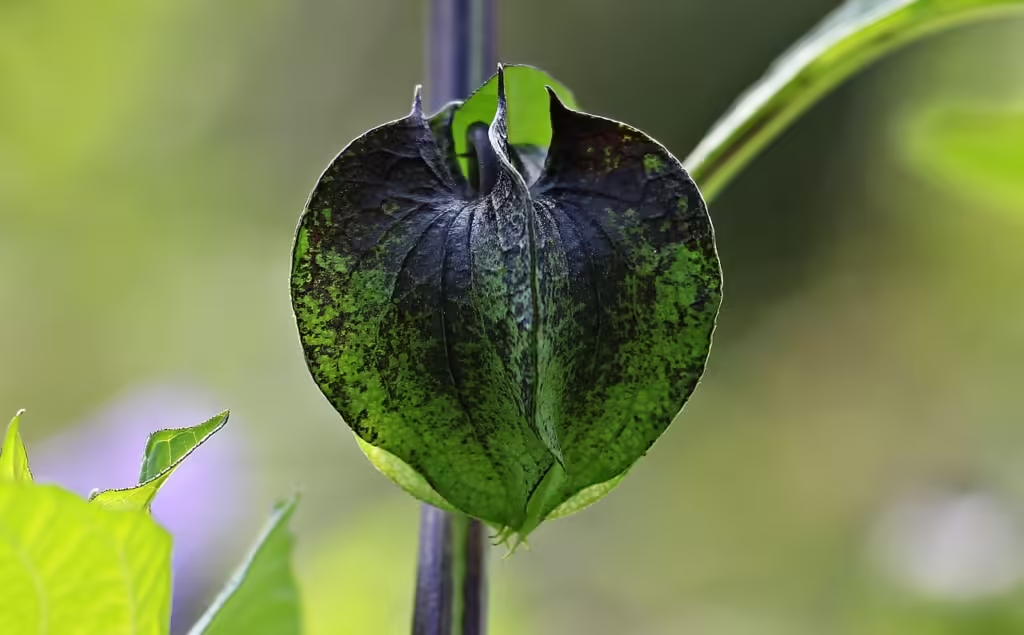
Creating a Slug and Snail-Friendly Garden
Believe it or not, you can also create a garden that is more inviting to slugs and snails, which can help keep them away from your prized plants. Adding moisture-retaining features like mulch, compost, and ground cover can create a cool and damp environment that slugs and snails enjoy.
By concentrating these features in specific areas of your garden away from your most vulnerable plants, you can lure slugs and snails away from your prized possessions and keep them under control.
Using Natural Predators and Nematodes
If you’re looking for a more hands-off approach to dealing with slugs and snails in your garden, you can also introduce natural predators like nematodes, which are microscopic organisms that feed on these pests. Nematodes are safe for plants, pets, and humans and can be applied to your garden soil using a simple solution.
By introducing natural predators like nematodes into your garden, you can effectively reduce the slug and snail population over time and protect your plants from damage.
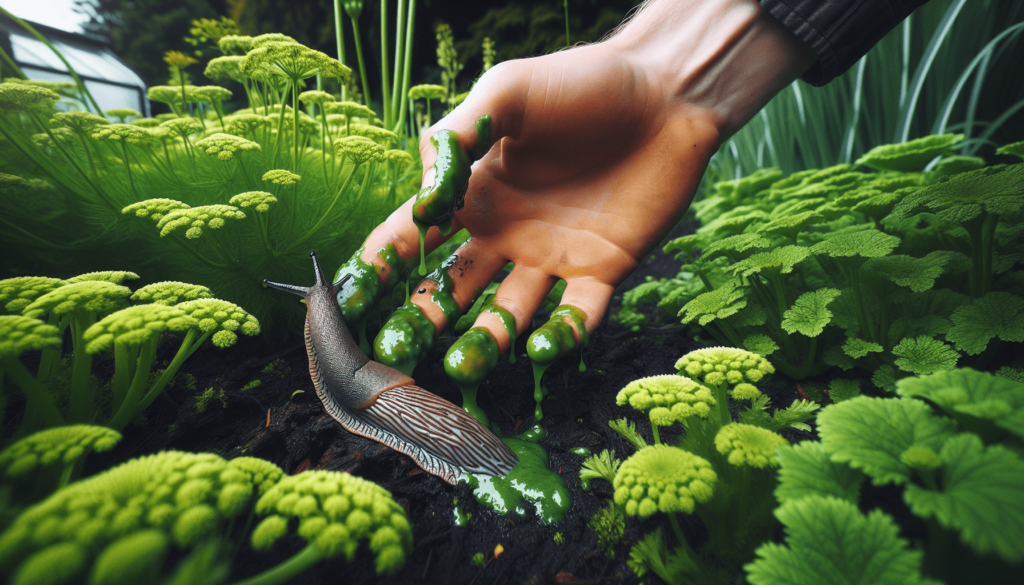
Companion Planting
Companion planting is a gardening technique that involves planting certain crops together to benefit each other and deter pests. Some plants that are known to repel slugs and snails include lavender, rosemary, garlic, and thyme.
By incorporating these slug and snail-resistant plants into your garden, you can create a natural barrier that keeps these pests away from your vulnerable plants, reducing the need for other control methods.
Creating a Slug and Snail-Proof Garden
If you’ve tried all the above methods and are still struggling to keep slugs and snails at bay, you may need to take more drastic measures to protect your plants. Creating a slug and snail-proof garden involves designing your garden layout and plant selection in a way that makes it difficult for these pests to thrive.
Choosing plants that are less attractive to slugs and snails, such as those with tough or hairy leaves, and incorporating physical barriers like raised beds, cloches, and copper tape can help create a garden that is resistant to these pests.
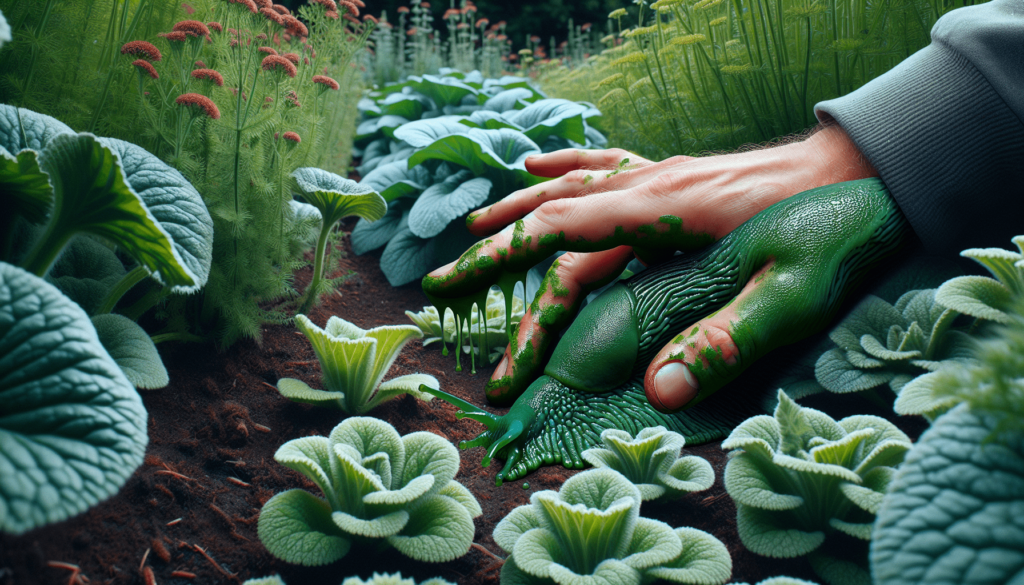
When to Seek Professional Help
If you’ve tried everything and still can’t seem to get rid of slugs and snails in your garden, it may be time to seek professional help. Pest control experts can assess the situation in your garden and recommend targeted treatments that are safe for you, your plants, and the environment.
By working with a professional, you can effectively eliminate slugs and snails from your garden and prevent further damage to your plants.
Conclusion
Dealing with slugs and snails in your garden can be a challenging task, but with the right know-how and a bit of effort, you can effectively manage these pesky pests in a natural and environmentally friendly way. By understanding their habits, implementing natural control methods, and creating a garden that is less attractive to slugs and snails, you can enjoy a beautiful and thriving garden free from these destructive critters. Happy gardening!
